Spring Resolutions for Climate at CLF
CLF is resolving to continue fighting for urgent climate action to move New England towards a clean energy future.

CLF is resolving to continue fighting for urgent climate action to move New England towards a clean energy future.

Phil Coupe has been on the cutting edge of clean solar energy for the past 20 years. As co-founder of ReVision Energy, he wants to get the word out about the possiblities.
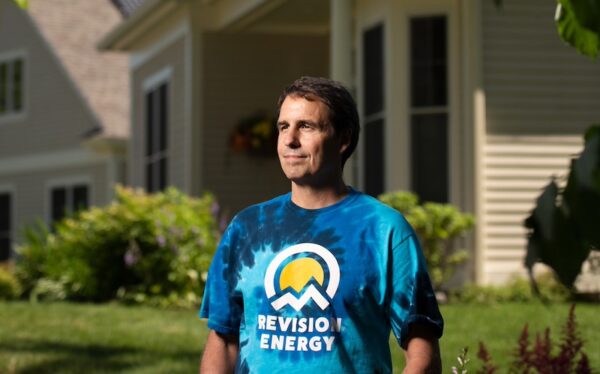
CLF, Maine Youth Action, and Sierra Club are suing the State of Maine for breaking its 2019 Climate Law.
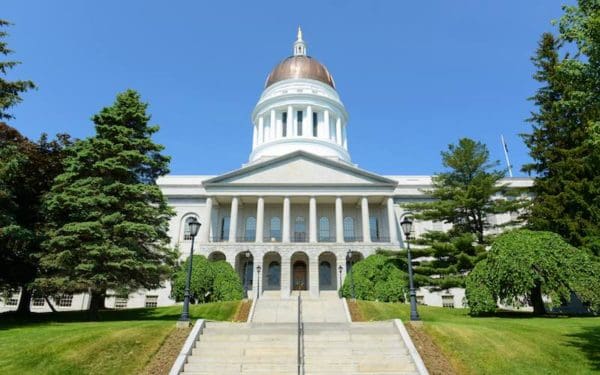
Plaintiffs say the state is breaking the 2019 Climate Law
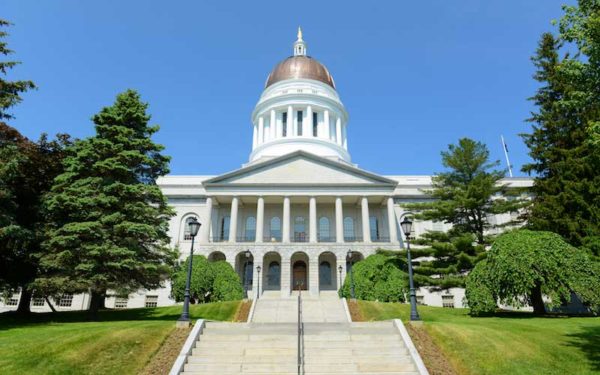
Climate anxiety can be an isolating feeling. But the good news is, you’re not alone – and there are ways to find hope even when it might feel like there’s none left.
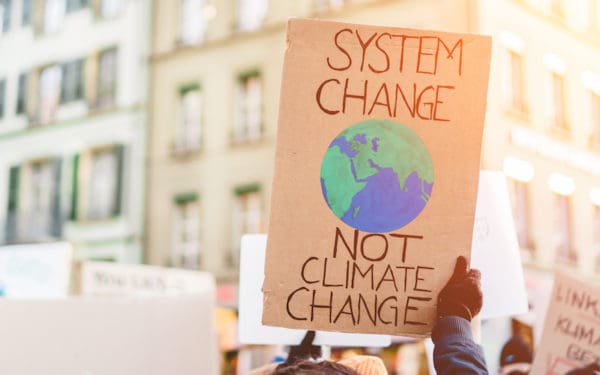
“The end of coal in New Hampshire, and for the New England region as a whole, is now certain and in sight,” said Tom Irwin, Vice President Conservation Law Foundation in New Hampshire. “Now we must vigorously push for the phaseout of other polluting fuels like oil and gas. New England is positioned to be a leader in building a future where our energy comes from 100% clean sources, and fossil fuels no longer pollute the climate and threaten the health of our communities.”
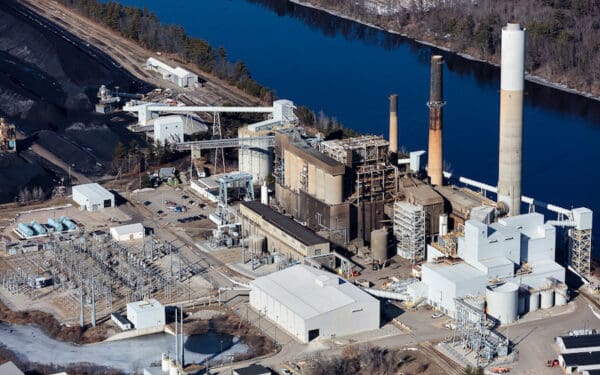
The answer boils down to our over-dependence on fossil fuels.

Enbridge, a fossil fuel company, wants to build polluting gas infrastructure when we should be upgrading to clean energy like solar and wind.

Maine, Massachusetts, and Rhode Island join six other states in promising to cut climate pollution from buildings via electric heating.
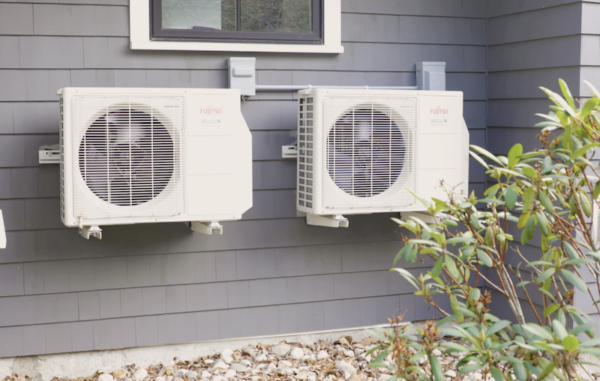
If state regulators approve their requested rate hike, gas bills will only get more expensive, and Connecticut will continue its dependence on polluting fossil fuels.
